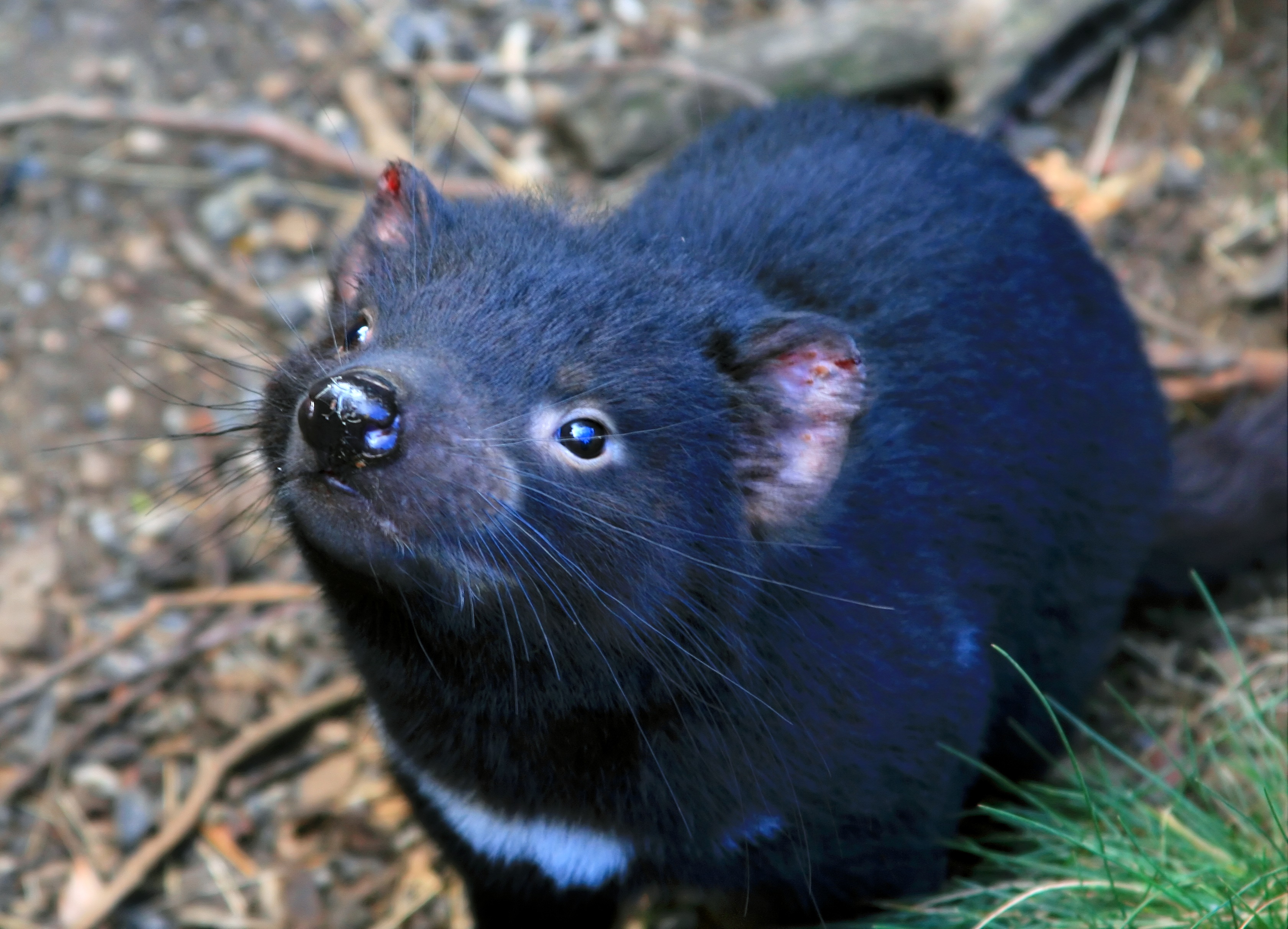- Urban Forestry Reduces City Pollution: Urban air pollution is a deep rooted problem in cities, however according to a recent study, planting trees could prove to be a cost-effective option for tackling it. The Nature Conservancy (TNC) have reported that particulate matter (PM) pollution – estimated to claim 6.2 million lives a year by 2050 – could be reduced by as much as 24% in the vicinity of planted trees. In addition, the shade generated by trees can result in a cooling effect of up to 2°C. The UN World Health Organization (WHO) suggest that 90% of those living in cities are exposed to excessive levels of PM. Clearly planting trees could prove to be a poplar option for city planners in reducing pollution. To read more, click here.
- Star shaped fillings for sparkling smiles: All good things eventually come to end; a statement that can certainly be applied to dental fillings. However this may soon no longer be the case; scientists have create star-shaped structures which could help fillings keep their shape, even under extreme changes in temperatures. The structures, made from a mix of copper and elastic, display negative thermal expansion properties – meaning they shrink when heated, instead of expanding. Their combination with materials that instead expand when heated could help produce a substance that will retain its shape, no matter what you opt to put in your mouth. To read more, click here.
- Antibacterial Taz – Breast is Best: Researchers in Australia have discovered several types of bacteria killing peptides existing in Tasmanian devil breast milk. The bad-ass marsupials – best known from the Looney Tunes cartoons – improve their young’s immune systems by imparting six types of cathelicidins via their milk. Of these, three have been found to successfully kill bacteria, such as Staphylococcus aureus, and a type of fungi that are harmful to humans. This may sound ‘looney’ but their next step is to see if the marsupial milk can be utilised by humans… To Read more, click here.
- Early intervention on Autism: Parental training can result in sustained benefits for children with autism. Researchers from the University of Manchester have found that teaching interaction techniques to parents can produce improved social communication skills and reduced repetitive behaviours for autistic children. Although this is not a cure, it can significantly reduce the severity of the condition, although these benefits diminish over time. To read more, click here.
Dougie Phillips
Science Editor
(Image courtesy of Scott MacLeod Liddle)

